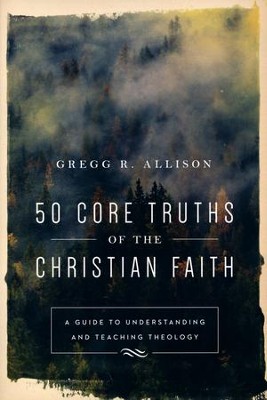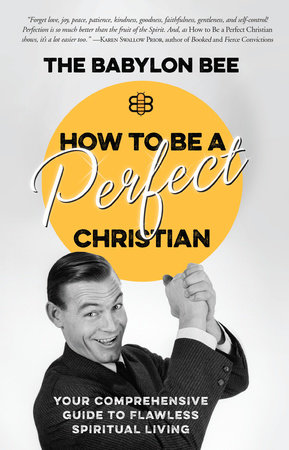Those
who know me know that I love sports. If you are reading this review on the site
of The Sunday Morning Quarterback, you obviously can recognize this too. One
question that I have been asked often through the years is this: how can
someone glorify God through sports? In this book, Brian Smith of Athletes in
Action endeavors to answer this question on many different levels, from winning
and losing to the gray areas that are often prevalent in sports.
This
book provides an excellent Biblical perspective on sports. It is able to do
this for one reason-- its foundation is in the right place. By putting the
issues of "Glory" and "God" first, this book is able to
keep the rest of the Christian outlook on sports in perspective.
It is
critical for any Christian athlete, coach, official, and fan to have a Biblical
basis for sports. This book, specifically addressed to athletes, provides a
good Biblical basis for a Christian's sports worldview. I know that the
author's ministry is primarily to athletes, but I would fully support future
books directed to other sports participants-- the coaches, officials, and fans.
A very good book, and for me, is worth 5 stars out of 5.
WHERE TO BUY THIS BOOK:
https://www.amazon.com/Assist-Gospel-Centered-Glorifying-through-Sports/dp/1632961814/ref=sr_1_1?ie=UTF8&qid=1519832054&sr=8-1&keywords=the+assist+brian+smith
BIBLIOGRAPHY OF THIS BOOK:
Smith,
Brian. The Assist: A Gospel-Centered Guide to
Glorifying God Through Sports. Houston, TX: Lucid Books, 2017.
DISCLOSURE OF MATERIAL: I received a
complimentary copy of this book from Lucid Books, in exchange for an honest,
though not necessarily positive review. The opinions I have expressed are my
own.























